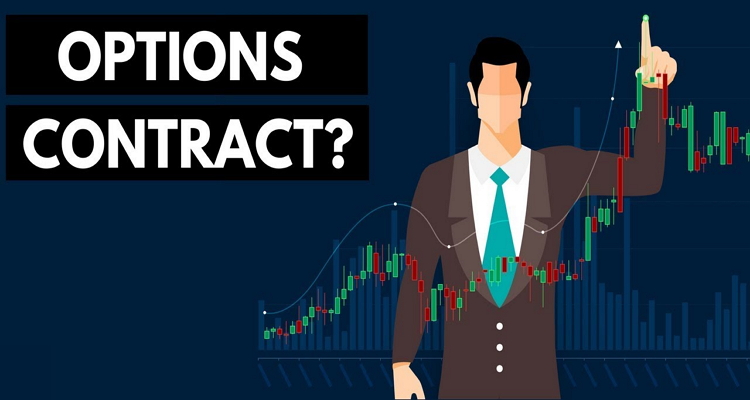Options are the contracts between two option holders i.e. option seller and option buyer, which obligate the former to deliver, and entitle the latter without obligation to buy stated quantities of assets with stated quality at some future dates at today’s contracted prices.When the buyers have the right to receive the delivery of assets, they are known as “call options”, and when they have the right to receive the payment by handing over the assets, they are known as “put options”.Buyers pay a one time non-refundable premium to the sellers for the right enjoyed by them.The potential loss for sellers in option transactions is unlimited while for buyers, it is limited to the extent of premium.
The date on which an option is actually exercised is called the exercise date or strike date.And, the last day by which an option has to be exercised is called the expiry date.In American options, these two days can be different but, in European options the two days coincide.
The price at which an option holder can buy and/or sell the underlying asset is called the exercise price or strike price.The strike price is determined by reference to the spot price of the underlying security or asset on the day an option is taken out.Or, it may be fixed at a discount or a premium.The seller is obliged to fulfill the transaction i.e. to sell or buy if the buyer exercises an option.
While exercising a call option,if current price of an underlying asset exceeds the exercise price, the call is said to be “in the money”.And, if the current price falls short to the exercise price, the call option is said to be “out of the money” and if both happens to be the same then, the call option is said to be “at the money”.
Premium is the price paid by the buyer to the seller of the option whether it is a put situation or call.
Options have been categorized into numerous types.They are:
*Simple options such as commodity options, stock options, bond options, currency options, stock index options and options on futures.
*compound options such as swaptions, flortions and captions.
*Synthetic options which combine options and futures.
Some recently originated options which are in vogue are described below;
»Stock index options- These options enable investors to trade on general stock market movements.
»Currency options- These options act as shields which protect against adverse exchange rate fluctuations.These are contracts which bestow the right to buy or sell a foreign currency at a specified price at some future date.
»Future options- These are the combinations of futures and options.
»Range forward options- These are the combination of the call and the put options.They involve simultaneous purchase and sell of call and put options on the same principal amount and for the same maturity but at different strike prices.
»Swaptions- These are options on swaps.The holders of the swap options have the right but not the obligation to enter into swap contracts on or prior the exercise date.
Click here for government certification in Accounting, Banking & Finance




17 Comments. Leave new
Well written!
Well explained
Very well written!
Very informative..
Nice article Aman !!
Well written.
Nicely articulated.
Interesting read.
thanks to all….
Well explained:)
thanks manpreet!
Well written..!
thanks padma!
Nice job again
Great!
Nice job
A new thriving concept, very well written great job great efforts